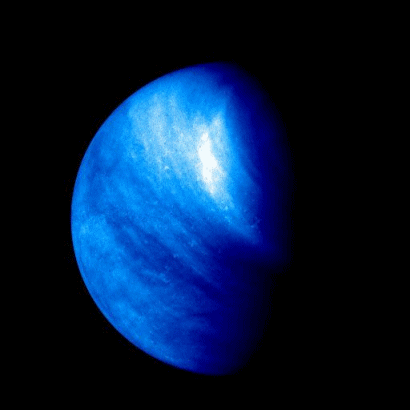Nanometer-sized diamonds occur at the base a layer of sediment directly above the remains of extinct animals (mammoths, dire wolves, etc.) and artifacts from Clovis culture at the research site in Murray Springs, Arizona.
(Credit: Image courtesy of University of Oregon)
A 12,900 year old layer of diamond dust at Clovis site.
ScienceDaily (Jan. 2, 2009) — Abundant tiny particles of diamond dust exist in sediments dating to 12,900 years ago at six North American sites, adding strong evidence for Earth's impact with a rare swarm of carbon-and-water-rich comets or carbonaceous chondrites, reports a nine-member scientific team.
K. Kris Hirst Archeology Blog (Jan. 5, 2009) -- The physical evidence for this catastrophe, say scientists, is a "black mat" covering several Clovis sites. A black mat is a thin, organic-rich layer of sediment, characterized by lots and lots of carbon and the presence of nano-diamonds. Black mats were first recognized at Clovis-period archaeological sites by C. Vance Haynes in the 1970s. Haynes tied the black mat to a climate shift, but didn't make the leap to asteroid impacts.
Archeological researchers opined in 2007 that the occurrence of the nano-diamonds in the black mat is evidence of explosions in air, or an impact of an asteroid on top of the glaciers which covered Canada at the time.
Happy Phil (Jan. 5, 2009)--I like that word opined. Here are a few alternate words for opined; suggest, say, think, believe, judge, suppose, declare, conclude, venture, volunteer, imply, intimate, presume, conjecture, surmise, ween. Wow! These words are links to the free on-line dictionary. There you can find even more words to fill your mind when you see the word, "opined".
Great stuff.
Happy Phil
I am happy to say the new year feels great.
The possibilities are endless.
Mount Shasta unveiled at sunset Friday.
It Looks Sugar Coated
Sugar is essential for life.
In the larger sense, scientists have discovered sugar in galactic dust clouds. Sugar is a key ingredient in the creation of life. We now know that life on other planets is more than a probability.
In the smaller sense, a sugar coating on, "good", molecules in our bodies, protects them from our armies of antibodies. Our killer cells attack anything without a sugar coating.
9 out of 10 naturally sweet foods are good for us.
Sweet.
Mount Shasta unveiled at sunset Saturday.
I am so fortunate to live here.
Beauty in the burned forest by the dam, Friday.
I wonder if we, as a people, will learn from the mistakes that were made last year?
Those of us who read history, (small minority), tend to expect that most people will just forget the mistake, grumble about the mess, and do it all over again. I see this as a challenge. There must be a way to impart reason and knowledge onto ignorant, illiterates. I will let you know when I find a solution to this age old problem.
Venus
Venus
Venus is both an Evening and Morning Star.
Don't forget to look.

Northern hemisphere. Venus Express images, 2006.
Solar winds blow away the charged gasses on Venus
Due to a greenhouse effect on Venus, temperatures at the surface can soar to about 870 degrees Fahrenheit (465 degrees Celsius). And so the water from the planet's surface immediately boils off. But its atmosphere is also relatively dry, and the question has been: where did that initial atmospheric water go?
Venus (and Mars) doesn't have a magnetic field, gases in the upper atmosphere become charged and interact with the solar wind. Scientists think the solar wind gives the charged particles enough energy to escape and that's why Venus is losing its atmosphere.
Looking at this action from different perspectives leads me to imagine more efficient ways of putting earthly objects in motion.
If we were to find a way to, "charge", gas molecules using the solar wind, we could change the way we propel rockets into space. We would have the means to power machines here on earth that would not require finite, planetary resources.
Filling a tank, or balloon, with the "charged" gas would cause it to fly away into space, taking whatever payload we attach.
Today's Relatively Appropriate Song;
Up Up And Away
Hope

No comments:
Post a Comment